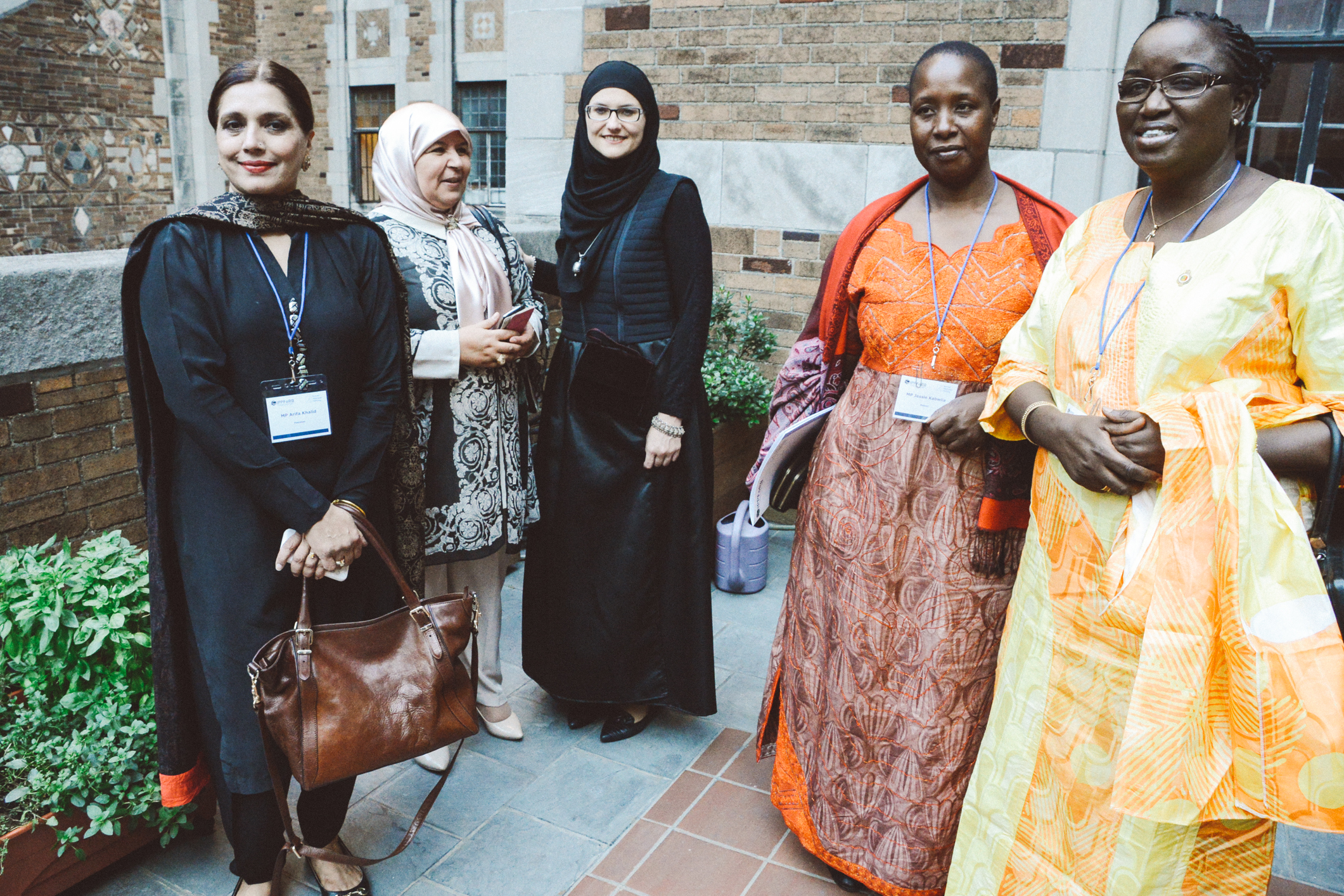Regional groups

The African Parliamentarians Association for Human Rights (AfriPAHR) is a network of approximately 120 parliamentarians, who seek to promote democracy and human rights in Africa. Working together with the International Panel of Parliamentarians for Freedom of Religion or Belief (IPPFoRB), it seeks to promote the right to freedom of religion or belief in Africa.
For more information and to join the network, please visit the AfriPAHR website
The Southeast Asian Parliamentary Working Group on Freedom of Religion or Belief (FoRB) is a regional grouping of Southeast Asian former and current members of parliament (MPs) who are committed to the promotion and protection of FoRB, as defined by article 18 of the Universal Declaration of Human Rights and the International Covenant on Civil and Political Rights. The Working Group provides leadership and guidance to promote legislation, policies and best practice to advance FoRB across the region.
The Working Group seeks to build the capacity of MPs and their role in advancing religious freedoms in the region. It also seeks to provide platforms to engage relevant stakeholders in advocating FoRB, nationally or regionally.
For more information and to join the working group or network, please visit the FoRB Asia toolkits website.
Formed in early 2017, CANFoRB is a non-partisan parliamentary group focused on the protection of the universal right to freedom of belief. CANFoRB is Chaired by a member of the Governing Party as well as a member of the Official Opposition.
The group serves as a landing ground for international and domestic freedom of belief activists, as well as a springboard for parliamentary FoRB initiatives. CANFoRB is seeking to grow its membership and contacts, while supporting international and domestic freedom of belief initiatives.
For more information on CANFoRB, please contact the office of Co-Chair Kelly Block.
IPPFoRB Nepal was set up in 2015 following the introduction of a new constitution for Nepal which included several provisions that appeared to impact negatively on freedom of religion or belief in the country.
IPPFoRB Nepal Chapter works with federal and provincial parliamentarians to raise awareness of the challenges facing religious freedom in Nepal and the measures needed to ensure that this basic right is enjoyed by all equally without discrimination or favour. It works hard to maintain a safe space for parliamentarians to meet with relevant civil society organisations and religious leaders.
Established in 2015, the Norwegian Parliamentary Group for Freedom of Religion was founded by Abid Raja, Norwegian Minister of Equality and Culture and Founding member, IPPFoRB. Open to all parliamentary representatives in Norway, the group’s goal is to promote freedom of religion or belief in Norway and abroad.
The Danish Network of Parliamentarians for Freedom of Religion or Belief, established in 2015, chaired by Daniel Toft Jakobsen, MP with the primary objective of strengthening freedom of religion or belief in Danish foreign and development policies.
The network brings together parliamentarians across the political spectrum along with scientists, researchers and civil society organisations in a common informed dialogue on how freedom of religion or belief can be strengthen and how similar efforts are tackled in other national and international forums.
For more information please contact Coordinator, Filip Buff Pedersen.
Founded in 2008, Pancasila Caucus is a group of sitting Indonesian parliamentarians committed to reviving and conserving the noble values of Pancasila. Established as a response to an attack on a religious minority group by intolerant groups, it aims to, with Pancasila as a guide, fight various threats to the diversity of religions or beliefs, as well as all efforts that threaten the integrity of the nation. Cross factional in its approach, the Caucus embraces parliamentarians from various party backgrounds.
For more information on the Pancasila Caucus please contact the administrator.
The APPG for International Freedom of Religion or Belief (FoRB) supports UK cross-party parliamentarian members to champion the Right to FoRB, as outlined in Article 18 of the UDHR and ICCPR, among their fellow parliamentarians, policy-makers, the media and the general public. It pursues effective implementation of policy recommendations in the UK and internationally relating to this right, including through the Foreign and Commonwealth Office’s Special Envoy for FoRB and other Government departments.
Established in 2012, the APPG benefits from the expertise of its 25 faith or belief-based stakeholder organisations from across the belief spectrum. The APPG’s work includes holding public and private events, debates, and inquiries and producing briefing papers, reports, parliamentary questions and submissions to Parliament’s Committees on the country and thematic FoRB-related issues.
For more information, see the APPG’s website
The European Parliament Intergroup on Freedom of Religion or Belief and Religious Tolerance (Intergroup on FoRB & RT) was established in January 2015 and consists of a group of like-minded MEPs dedicated to promote and protect FoRB in the EU’s external actions.
The Intergroup aims to ensure that the EU, in its external actions, promotes and protects the right of individuals to freely manifest their beliefs (theistic, non-theistic and atheistic). It does not consider the merits of the different religions or beliefs, or the lack thereof, but ensures that the right to believe or not to believe is upheld. The Intergroup is impartial and is not aligned with any specific religion or belief.
The Intergroup helps to mould ideas for new EU policies and legislation on FoRB, and it collaborates with civil society to bring urgent FoRB issues to the attention of key EU policymakers. Its activities include publishing an annual report on the situation of FoRB worldwide.